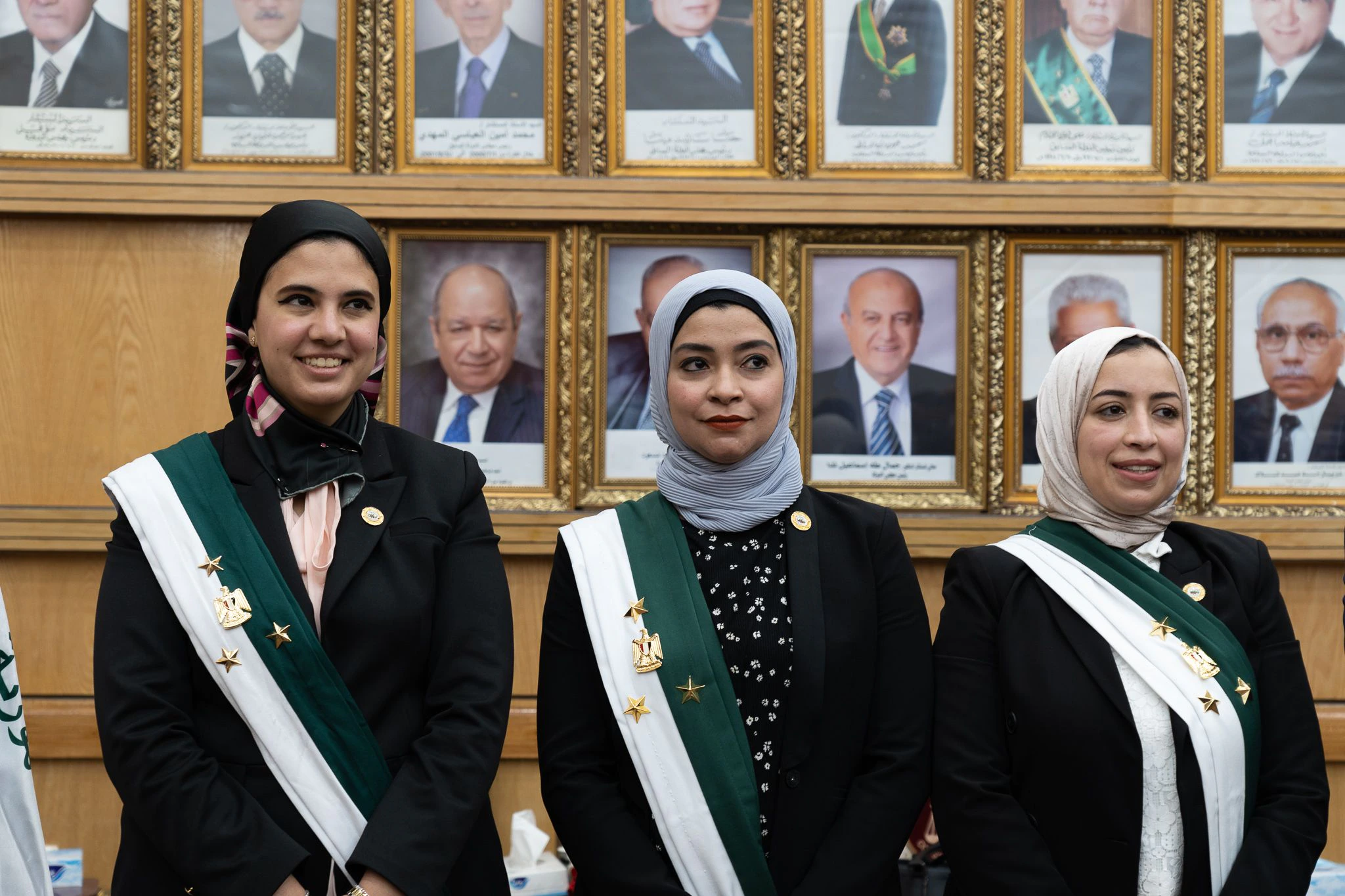
Egypt Appoints Female Judges to State Council – A Milestone for Justice and Equality
- Africa
- September 9, 2025
A Historic Oath for ChangeIn a moment that felt as much symbolic as it was substantive, Egypt has sworn in 48 female judges as assistant delegates to the State Council via a direct, entry-level pathway—the first time ever. The solemn yet celebratory ceremony transpired this past Sunday before State Council Chairman Osama Youssef Shalaby, marking not just an event, but a message of progress. This move is more than just changing the courts; it shows a real shift in a country where women have struggled for equal footing in society. For many years, Egypt’s legal system was mostly men, and it seemed impossible to change. The State Council, or Majlis al-Dawla, is one of Egypt’s most influential judicial bodies. It functions as an administrative court that reviews disputes between citizens and the government, interprets legislation, and ensures the legality of state actions. For decades, however, its benches were exclusively occupied by men, making it a bastion of male-dominated authority. Despite women serving as judges in other Egyptian courts since 2003, the State Council remained off-limits. This exclusion was seen not only as a legal barrier but also as a cultural one, reinforcing the perception that certain spaces were ‘unsuitable’ for women.
What Makes This Truly Historic
Until now, women joined the State Council only through transfers from other judicial bodies. That changed this year: out of 207 new assistant delegates appointed under Presidential Decree No. 447 of 2025, 48 are women, and notably, the top-ranked graduate is one of them. This step represents the removal of the final legal barrier that blocked women from entering Egypt’s State Council. It’s more than policy—it’s long-overdue justice. Getting women into Egypt’s State Council shows real movement on gender equality. It fits with the gains women have made in politics, business, and schools. Sure, there are still problems like violence against women, unequal pay, and not enough women in charge, but putting women on this court is a good move. It hints that things could get better and that it’s important for women to be part of important groups in the country.New Judges Include Samar Alaa, a graduate from Alexandria University. She said it’s an honor and a big responsibility to be a role model in the courts. Her words show how amazing this is for young women everywhere.
How It Happened
This took a lot of work. People like Aisha Rateb, who fought to join the courts in 1949, and Tahani al-Gebali, who was appointed to the Supreme Constitutional Court in 2003, made it possible. They were strong and didn’t give up, which helped make things better for the women today.
Why It’s Important
It’s about fair representation. It helps law school graduates, adds different viewpoints to the courts, and shows that talent matters more than old traditions when making fair decisions. For Egypt’s legal system, it will give it a chance to have different perspectives and gain people’s trust.
What’s Next?
This big step should make things even better. True change is not just in the past; it’s in how justice is carried out every day. Now, 48 women are judges. In the future, what they do may help all the courts be more fair, inclusive, and reliable.

